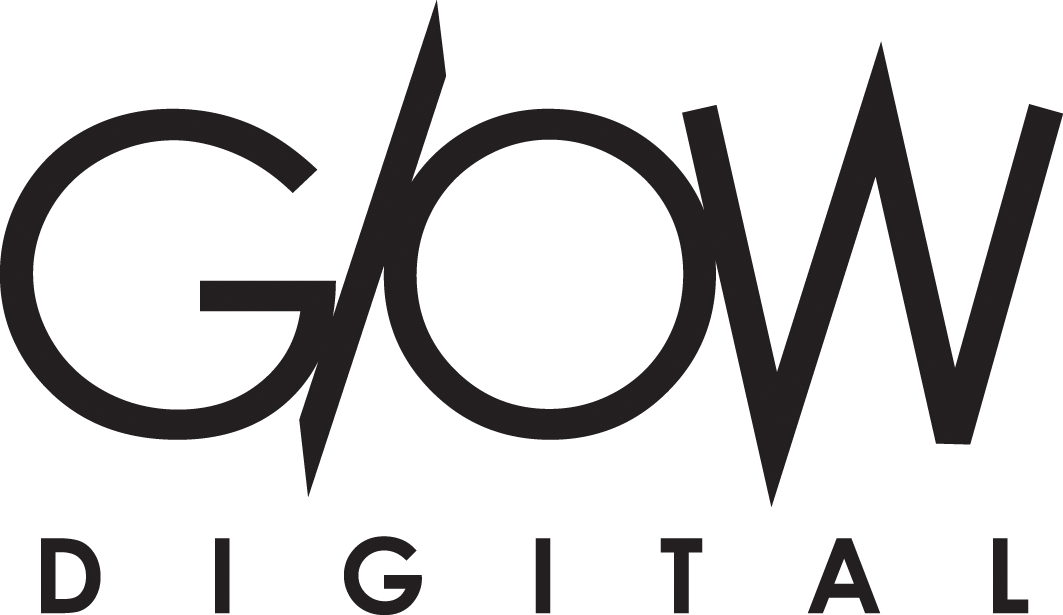Your website is the face of your company in the digital space, so it is important that it can help you to achieve your business goals. It is crucial that you understand the main considerations in building a website, which is what we’ll discuss in this article.
Whether you decide to build your website in-house or hire an agency to do it, here are seven crucial questions you will need to be able answer before you start.
1) Do You Have a Host And a Domain for Your Site?
Before you start creating your site, you should find a host and come up with a domain name that accurately reflects your business. Jot down some rough ideas of what you want to do with your website. This will help you come up with ideas for domain names, after which you should check whether they are available or not. Make sure the name you choose is as authentic as possible. For example, a name like journey52.com won’t work very well without a clear context. If the number 52 doesn’t have any significance to your brand, then it’s fair to say that it shouldn’t be there, and you should consider using a different domain name.
Choosing a reliable web host is an important step that shouldn’t be overlooked. Web hosting has a significant impact on your site’s speed and stability, both of which are integral to creating a positive user experience, so make sure you research carefully before making a decision.
2) Have You Chosen the Right Content Management System?
A content management system or CMS is a type of back-end database used to hold all your website’s content. A CMS provides a user-friendly interface for managing all your site’s content without having to learn how to code HTML (the mark-up language use to create web pages) by hand. Popular CMS platforms include WordPress, Joomla and Drupal but there are literally dozens of other as well. You will need to consider functionality as well as ease-of-use before deciding which one to pick.
It’s important that you know how to access the backend and that you are comfortable making changes so you can update your website content. Finally, make sure you pick a solution that is scalable. Using a drag-and-drop site builder like Wix may be okay if you’re a small local business and just need a very basic website to represent your brand online. However, should you need more advanced functionality in the future, you’ll probably have to re-create your site from scratch.
3) What Are Your Competitors Doing?
Familiarize yourself with industry standards, as they can be used as a general guideline for your overall web design project. You need to know how to adjust your website to stand out from the crowd while meeting your audience’s expectations at the same time. Therefore, you need to find out what your competitors are doing, what their core design concepts are, and how they emphasise them in their own design. This will give you a better idea of what works and what doesn’t even before you try it out for yourself.
4) Do You Have a Content Strategy?
A content strategy dictates the direction in which you’re going to take your site, so it’s essential that you plan it out ahead of time. You’ll need to separate your content strategy into phases so you can focus on one thing at a time. For example, if you’ve recently rebranded your business, you could produce content related to why companies should rebrand themselves to spread awareness about the changes you made. After that, you can move on to talking about your services and why you’re better than your competitors, which will help drive more traffic and conversions. You will need to decide which member of your team is responsible for creating new content for the website and make sure they know how to use the content management system as well.
5) What’s Your Budget?
The budget will dictate everything you can and can’t do with your website. It’s important that you get an estimate for the entire project ahead of time. This will help ensure that you’re able to put together a the best possible website while staying within your budget.
6) How Will You Track and Measure Your Site’s Traffic?
Web analytics tools provide information about users visiting your website, allowing you to see how many people are visiting your site, which pages they visited and how much time they spent on your site and many other things. Sadly, too often small business owners fail to pay attention to web analytics. However, the truth is that if you have a website then it’s equally as important to understand your customers’ behaviour in order to improve the user experience. The good thing is that getting started with web analytics is actually very easy with tools such as Google Analytics. It’s completely free to use and takes only a few minutes to implement on your site. Better customer insights means better business decisions, so don’t overlook this important step.
7) Do You Have a Web Designer?
A professional web designer is to your team what a lawyer is to a court case. It’s crucial to the success of your web project. You need a professional web designer’s experience, skills and tools to ensure that everything on your site is working as intended, leaving as little room for error as possible.
Glow Digital is a web design agency in Bangkok. We love building websites that help our clients generate more traffic and conversions online. Need a website for your business? Get in touch today to see how we can help.




